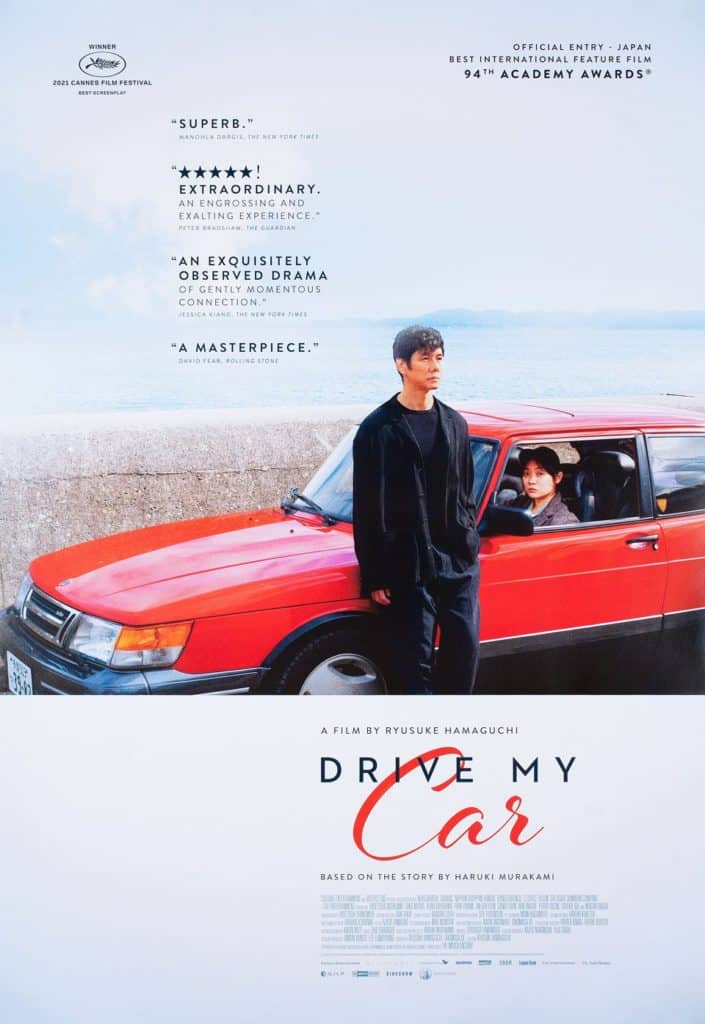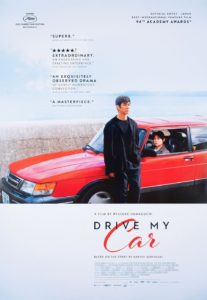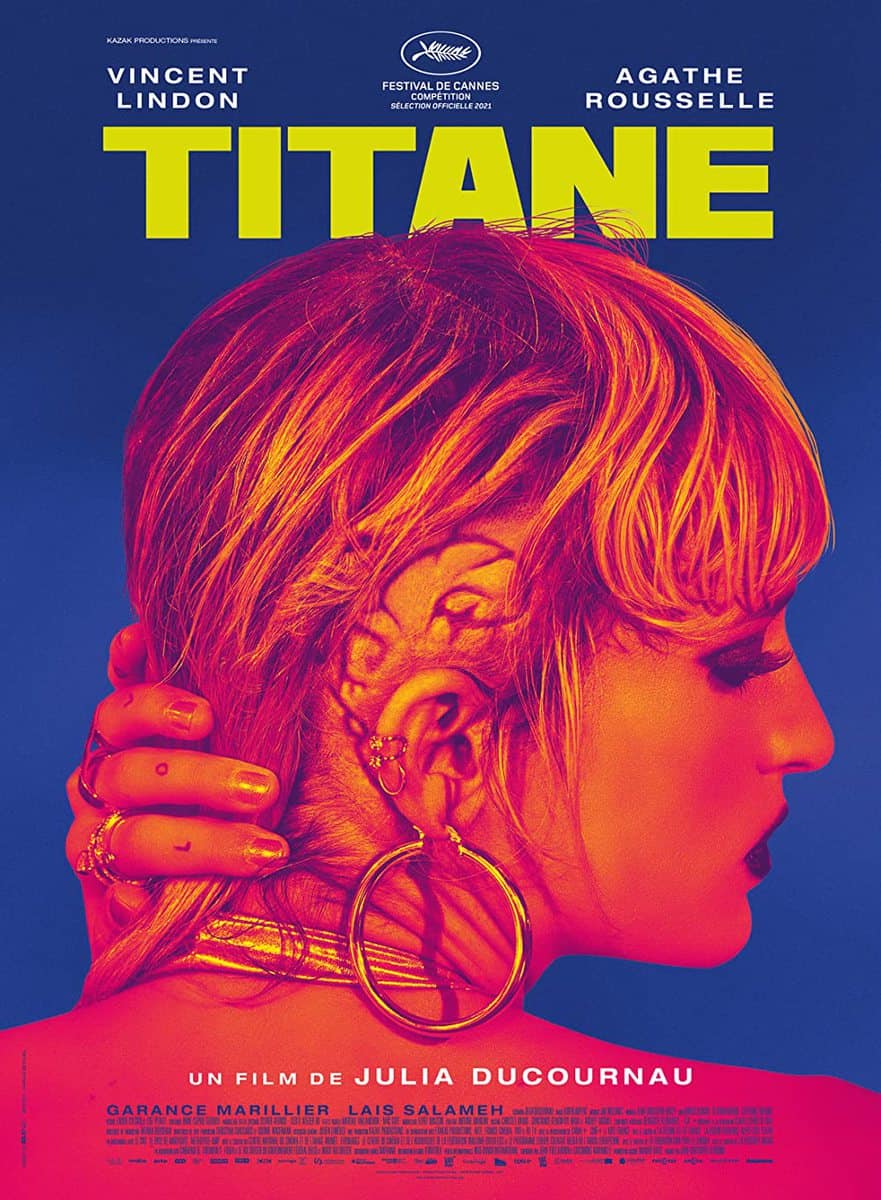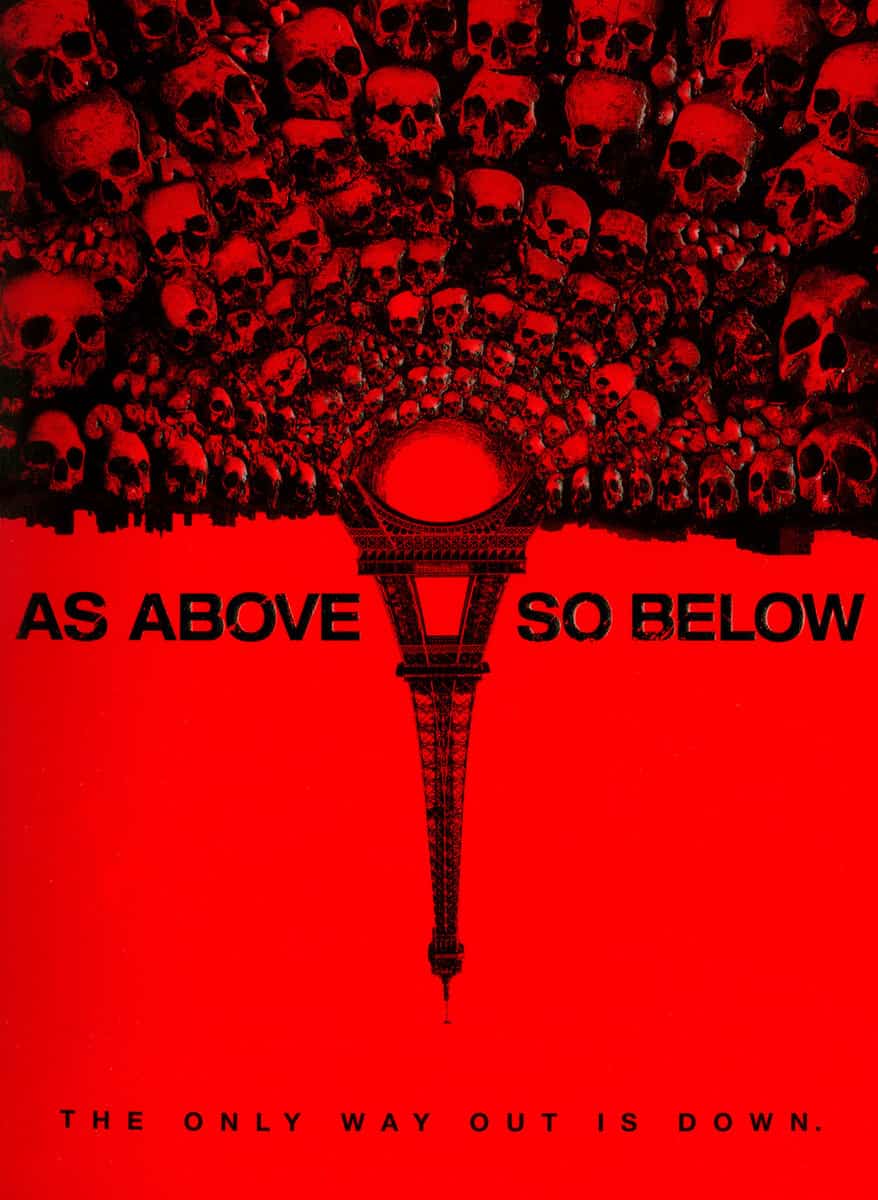
Japanese film Drive My Car became a surprise critical hit, not just garnering seemingly out-of-nowhere acclaim but even notching four Academy Award nominations, including a win for Best International Feature Film. Oddly absent from most of this attention was Eiko Ishibashi’s score. Only scoring her second feature, the chameleonic composer (having worked in pop, jazz, noise, and more) delivers one of the best film scores of 2021.
The film itself is a slow, meandering rumination on grief. Its nearly three-hour length is filled with quiet, contemplative drives and cathartic conversations as main character Yūsuke Kafuku leaves the tribulations of his past behind in search of a new beginning in Okinawa. Urgency is nowhere to be found. Ishibashi, too, has no sense of urgency; her first full cue doesn’t appear until forty minutes into the film (alongside the main titles). This isn’t a one-off occurrence either. Other than occasional seconds-long pieces of underscore, Ishibashi really only delivers around six cues, which appear every twenty to thirty minutes. It’s a strikingly experimental and hands-off approach that preserves the film’s languor and naturalism.
Her cues help mark inflection points or act breaks throughout the film, subtly marking shifts in the tenor of the film and its characters. Like a slow bend in the road, they gently lead us into new directions. The first few cues are intimate jazz meditations centered around a single recurring motif. Ishibashi repeats this main melody on piano as Tatsuhisa Yamamoto’s spirited drums set a backdrop. The two play off each other, gradually joined by complementary instruments like flute and guitar.
The first iteration of this motif has a subtle sorrow that builds into crushing grief; the culmination of forty minutes of love, then loss. The cue accompanies Kafuku as he drives toward Okinawa in an escape from the grief that follows him. In the next iteration hope seeps in, evicting Kafuku’s longstanding sorrow note-by-note. But a weariness remains.
Eventually Ishibashi’s jazz gives way to an ambient approach. It’s a gradual transition, taking place over several cues. It forces an introspection, as the characters’ defenses fade and they face their own thoughts and pasts, those things that haunt and gnaw. The most purely-ambient of these cues – and the most impactful for me – was “We’ll live through the long, long days, and through the long nights (Oto)”. It leaves you completely alone at night, as the sounds of waves and passing cars drift softly in the distance, in a sorrowful solitude. Perhaps no piece of film music has ever left me so unexpectedly drained and cathartic.
While the score release is a normal length (almost forty minutes), there can’t be more than twenty minutes of music across the film’s three hours. And yet, I’ve never heard a composer accomplish so much with so little. Ishibashi’s score is the ultimate study in grief and introspection, pushing its listeners and the film’s characters ever deeper into this journey. Fortunately, at the end lies the hope of salvation.
Editor’s Note: Eiko Ishibashi’s Drive My Car also appeared in our articles for the Best Film Scores of August 2021 and Best Film Scores of 2021.




2 thoughts on “Drive My Car – Eiko Ishibashi (2021) (Film Score Review)”
Comments are closed.